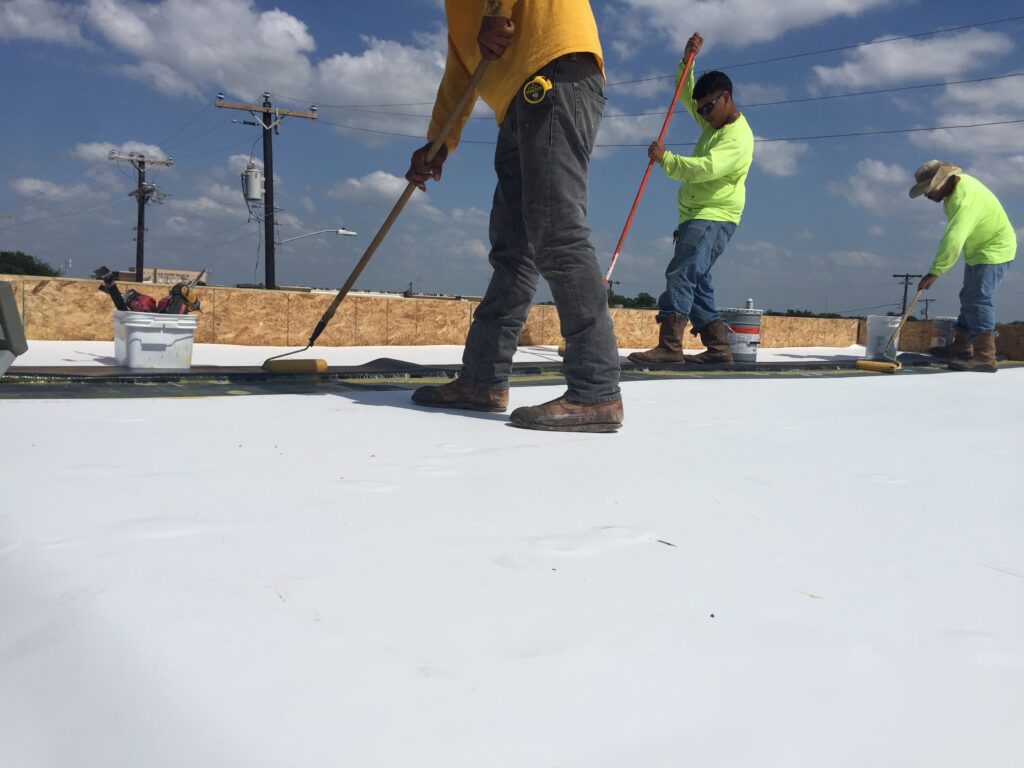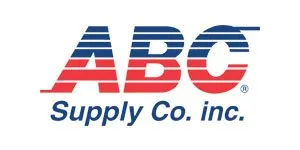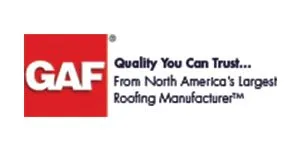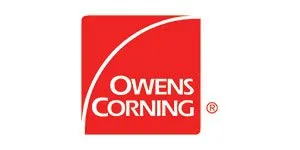
Thermoplastic polyolefin roofing, or TPO, is a single-ply membrane roof system that is a popular choice among commercial building owners. It is a growing option for residential homes as well.
TPO is made of a polymerized mix of ethylene-propylene rubber and polypropylene. It’s a low-cost and energy-efficient option for flat roofs. TPO is also available in a variety of colors.
Thermoplastic polyolefin roofing, or TPO, is a single-ply membrane that has gained popularity in the commercial sector. It is an extremely reflective roofing product that deflects ultraviolet rays and helps to conserve energy by keeping buildings cool. Elastomeric roof coating near me can further enhance reflectivity and performance.
TPO is a synthetic rubber that contains polymers and fillers such as talc, fiberglass, and carbon fiber that provide it with strength and flexibility. The membrane is also backed by a fabric reinforcing scrim.
As a thermoplastic material, TPO resists chemicals. This makes it a great choice for new construction.
Since 1989, TPO has been a common roofing option for commercial facilities. “It’s now one of the fastest growing membrane products on the market, making it a popular choice for commercial roofing installers near you.
TPO membranes are manufactured in sheets that can be 10, 12, or 20 feet wide and rolled out to a roof. The seams of the TPO sheet are welded or heat bonded, making it a durable and strong product.
Thermal polyolefin (TPO) roofing is one of the most durable roofs available, especially for commercial buildings. This single-ply membrane is made from a blend of ethylene-propylene rubber and fillers like talc, fiberglass, and carbon fiber. For more durable solutions, consider industrial roofing near me
A TPO roof is also one of the fastest growing commercial roofing systems and is gaining popularity due to its energy-efficient features and durability. It is resistant to UV, ozone, and chemicals and offers excellent heat reflectivity and energy efficiency.
Thermoplastic polyolefin is a synthetic rubber that offers pliability, elasticity, plasticity, and chemical resistance. This makes TPO a great option for Broomfield commercial roofers because it’s highly durable, flexible, and resistant to mold spores, dirt, and other debris that can cause damage. For enhanced protection, explore industrial coatings near me.
TPO is also heat-reflective and energy efficient, which can help save you money on cooling costs in hot climates. It is also environmentally friendly, as it does not contain chlorine or other harmful chemicals.
UV resistance is an important consideration for many commercial roofing projects. It helps the membrane extend its lifespan, reducing energy costs in hot weather and contributing to cleaner air are just some of the benefits of TPO. For added protection, consider waterproofing services near me.
Thermoplastic polyolefin (TPO) is a single-ply, high-reflective, roofing membrane that offers excellent performance at a cost-effective price. Its heat-welded seams provide superior strength. Its long-term heat, UV, and natural fungal resistance, plus flexibility without the need for plasticizers, makes it a reliable low-slope roofing system.
TPO is also environmentally friendly, because it contains no chlorine. This quality means that TPO can be recycled and reworked into new membranes.
TPO is a fast-growing segment of the commercial roofing industry. Carlisle has the TPO experience you need to get the job done right. Its Sure-Weld TPO membranes feature the industry-leading OctaGuard XT weathering package to enhance long-term durability. They also have strong heat-welded seams to resist uplift from windy conditions.
Thermal polyolefin roofing is one of the most energy efficient roofs available. It reflects the sun’s heat and helps reduce the carbon footprint, keeping the interior of any structure cooler. For aging systems, explore options for flat roof replacement near me.
It is also one of the most environmentally friendly single-ply membranes available and is a good choice for a building that has an environmental focus. It combines the benefits of rubber roofing with hot air-weldable seams for added durability.
TPO is made from a combination of ethylene-propylene rubber and other synthetic materials to create a durable membrane for commercial roofing. It is available in many colors and can be mechanically fastened, plate bonded using an induction welder, ballasted or adhered to insulation.
It can be used on any flat roof and is able to resist tears, punctures, dirt and mold build-up. It is also flexible enough to handle a building’s expansion and contraction. It is able to handle settling and other building movement more efficiently than other single-ply roofing membranes. This single-ply membrane is made from a blend of ethylene-propylene rubber and fillers like talc, fiberglass, and carbon fiber.
We serve all of Dallas and Fort Worth, Collin County, Tarrant County, Denton County, Dallas County, Kaufman County, and Rockwall County, TX, USA
Book a commercial roof inspection near me to evaluate your roofing system.






